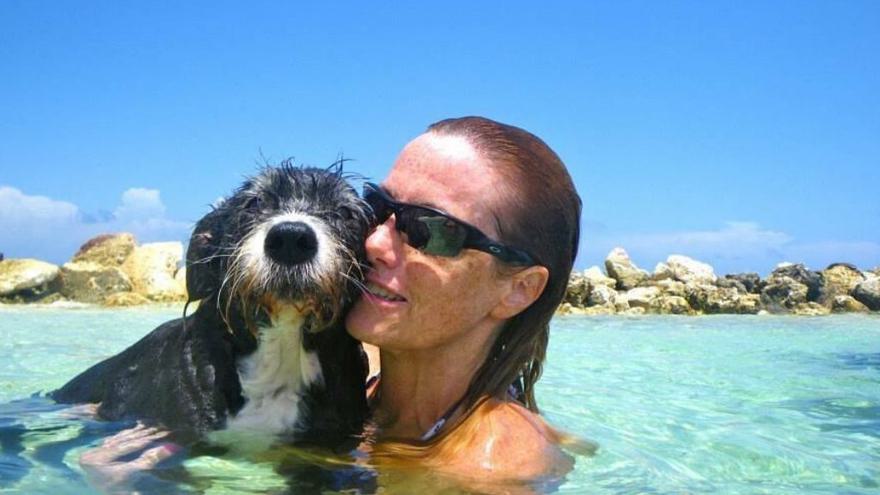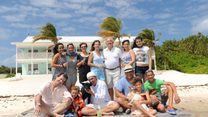Tell us about your background life in Cayman.
I moved here at the end of 1996. I had been working in Brunei for the Royal Family of Brunei, but I decided that I wanted a change — I saw an advertisement for an ‘Emergency Room Physician’ at George Town Hospital in the Cayman Islands. I’d never been to the Caribbean before, so I decided I would come here for two years, and then move back to South East Asia (which I loved!). My first impressions of being here? I loved it! I felt I had arrived ‘home’; there were a lot of similarities here to growing up in Zimbabwe, and after years of travelling, I was happy to settle down for a while. I also met my husband Andy here. We both loved Cayman and have been lucky to be able to make it our long term home.
What inspired you to become a doctor?
It was a tragic event that inspired me to become a doctor. I was in a motor vehicle accident whilst in school, in which two of my friends were killed. I felt so helpless at the scene and after, and it was this that made me choose a career in Medicine.
What was it like working in the Emergency Room (ER)?
The ER can be very emotionally and physically demanding. You deal with the sadness of illness and death constantly, but there are also happy and funny occasions. I had a patient arrive to the ER on his horse one afternoon, another came to the ER with his pet iguana on his shoulder, and another time we spent a good 15 minutes chasing down a lone chicken that decided to take a wander in the department!
What was it like moving from South East Asia to a small island that is Grand Cayman?
I never had an issue with moving to a small island like Grand Cayman. Before Brunei, I had worked in Jersey in the Channel Islands. I am used to the small island life. When I arrived in Cayman, I’d already worked in different environments all over the world, so it was an easy transition. I liked the smaller community and the various cultures here. The team I worked with in the ER Department at George Town Hospital when I arrived were fabulous and I made some lifelong friendships.
What do you do as the Director of Healing Paws (HP) and why is animal and human welfare so important to you?
Healing Paws is a non-profit, voluntary service and I was given the task of running Healing Paws around four years ago. I decided to expand our services and make pet therapy available to school children and patients at the hospital and hospice. With the help of my HP Board, we help support and improve patients’ social, emotional, physical and cognitive functioning through the valuable comfort that comes with therapy animals. I believe that animal and human welfare are so important — a society that cannot be compassionate and caring towards any living creature, is a society that is seriously disabled. Through the use of therapy animals, we help many children learn empathy and nurturing skills, and this bodes well for the future.
What's the best thing about living and being a doctor in the Cayman Islands?
The best thing about being a doctor in the Cayman Islands is how we practise medical care. We have a unique system here: there is an ability to blend the US's, UK's, and other countries' ideas and formulate our own unique care (obviously within the guidelines of the Health Practice Board). Due to this, we are all fortunate to be able to access high quality medical care that is also compassionate and caring.
What would you say are the biggest challenges facing parents and their children in the Cayman Islands right now?
The biggest challenge facing parents and their children right now is definitely Covid-19 and all of the repercussions that have come with this, especially the mental health fallout. Another difficulty is how to teach children about 'good home-grown values' and compassion for one another. Lastly... the internet... a friend and foe!
What would you say is the glue that holds the Cayman community together?
The glue that holds the Cayman community together is the uniqueness of our diverse community — people of all nationalities and cultures in one big melting pot. Some may say this can be a divisive thing, but I feel it makes us more accepting of others.
Why is taking an active role in addressing Cayman's health concerns, inside and outside of work, so important to you?
I take an active role in helping others… it is my job to help others and if I can do it in any way I can, I will. I believe in being caring and compassionate in whatever you do, and if I can help with someone’s health, I will.







